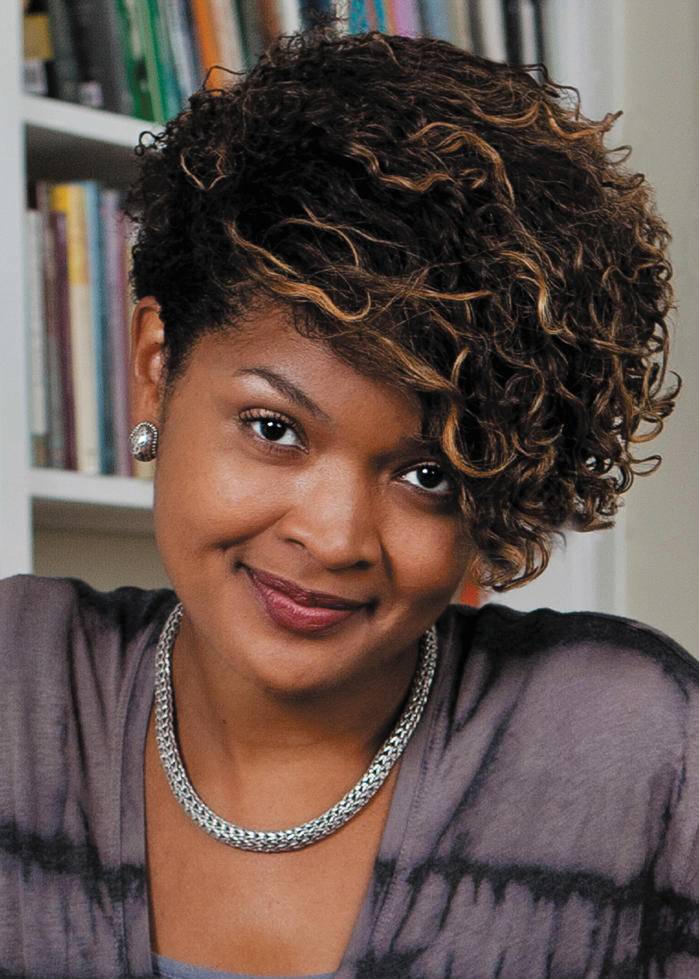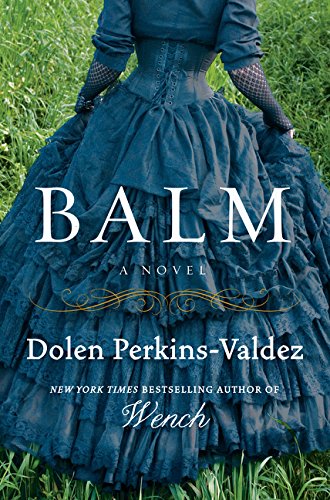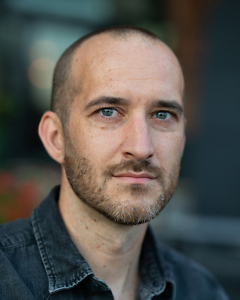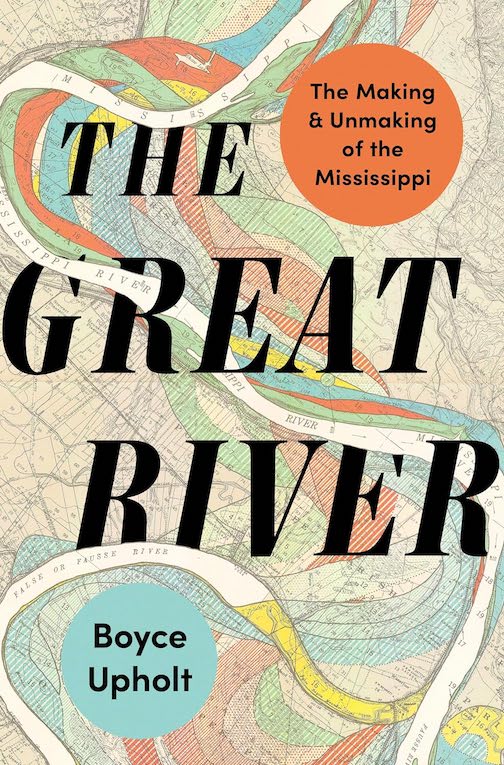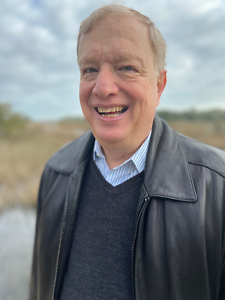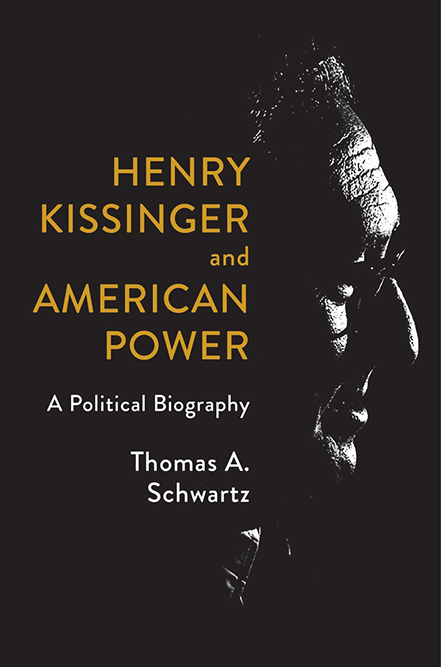Writing About Home By Leaving It
Wiley Cash talks with Chapter 16 about faith, Southern fiction, and literary success
In preparation for the paperback release of his debut novel, Wiley Cash filmed a self-effacing video that offers ten reasons why A Land More Kind Than Home is the perfect book-club read. And as delightful as it is to watch Cash poke fun at his own video-conferencing skills and his “relationship” with Oprah, the video also reinforces a basic truth: this novel is perfect for book clubs, though it’s not just for book clubs. The New York Times Book Review called it a “mesmerizing first novel,” and that’s only one of many reviews praising Cash’s storytelling and beautiful writing.
A Land More Kind Than Home explores the aftermath of a tragedy: the death of an autistic boy at an evangelical healing service. The story, which unfolds over the course of six days, is told from three points of view. Narrators include Jess, the brother of the autistic boy; Adelaide Lyle, the town midwife; and Clem, the sheriff of a small town that is no longer quiet and stable. Cash has said that the voices represent his own experience of growing up in North Carolina in a similar community and that the book’s lush setting is a direct result of the longing he felt for home when he was living away from it. Prior to his appearance on February 21 at The Booksellers at Laurelwood in Memphis, Cash recently answered questions from Chapter 16 via email:
Chapter 16: The response to A Land More Kind Than Home has been overwhelmingly positive, including comparisons to the work of Cormac McCarthy and Charles Frazier. In light of this praise, I wonder if you’d speak a bit about what it means to you to be a successful writer.
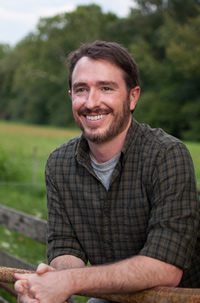 Wiley Cash: I felt like a successful writer before my novel sold simply because I’d spent so much time writing and re-writing and revising it. To finish it felt like such a great accomplishment. Since its publication, a lot of people have asked me what the hardest thing about publishing a book is. I always say the same thing: writing one.
Wiley Cash: I felt like a successful writer before my novel sold simply because I’d spent so much time writing and re-writing and revising it. To finish it felt like such a great accomplishment. Since its publication, a lot of people have asked me what the hardest thing about publishing a book is. I always say the same thing: writing one.
Chapter 16: Part of the joy in reading A Land More Kind Than Home is that we get to inhabit the minds of three characters. What were the challenging aspects of harnessing the voices of these three storytellers?
Cash: The most challenging thing about working with three very different narrators was tracing each character’s individual knowledge of events as the plot moved forward. No one knew the entire story, but it was important for the reader to know it, so I had to find a way for the characters to stay true to their experience and their knowledge of events while also finding a way to give a full accounting of what happened.
Chapter 16: A Land More Kind Than Home deals beautifully with delicate questions of faith. As you wrote, did you find you had a particular reader in mind—one who believes, one who doesn’t, or one who wants to?
Cash: I probably spent more time thinking about how folks would react in general. I didn’t really have an ideal reader in mind when writing about faith or about the region, but I was afraid that my portrayal of these things wouldn’t ring true to folks who valued them. That was a fear in the back of my mind.
Chapter 16: In other interviews, you’ve mentioned the influences of Thomas Wolfe and Ernest J. Gaines on your development as a writer. Are there other authors whose influence you find traces of in your writing?
Cash: All Southern writers have been influenced by Faulkner, even if they’ve never read him; he’s the specter that hangs over us all. My more contemporary influences are Tom Franklin, Ron Rash, Bobbie Ann Mason. From Wolfe I got the idea that you could write about home after leaving it; from Gaines I got a sense of the style I wanted to emulate.
Chapter 16: Place plays such an enormous role in A Land More Kind Than Home. Do you feel that as a Southern writer this will be a constant in your work, or was it this particular story that necessitated the attention to setting?
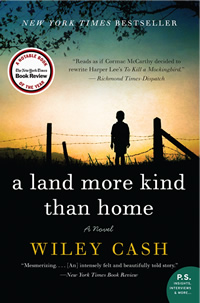 Cash: Place in a novel or story is just as important as character to me. I like my settings to feel rich and vibrant, even if they’re stark. I also appreciate the ways characters are limited or buoyed by landscape. I like writing about people who are from a place and honor it in ways that are apparent to the reader.
Cash: Place in a novel or story is just as important as character to me. I like my settings to feel rich and vibrant, even if they’re stark. I also appreciate the ways characters are limited or buoyed by landscape. I like writing about people who are from a place and honor it in ways that are apparent to the reader.
Chapter 16: What emotion does Addie evoke in you as her creator? Did you find her or Jess or Clem fighting to take over the whole of the story?
Cash: Addie is a nurturing figure, and this novel is so tough and tragic that I often felt her wanting to wrap her arms around it. She’s really the soul of this novel. Jess is its wonder, and Clem is its rationale. I think they balance one another.
Chapter 16: In discussing A Land More Kind Than Home, you’ve mentioned that it began as a short story in response to a news story. How does what happens in the world around you influence your writing?
Cash: I’m a pretty local writer, so even if something happens in China, if I want to write about it my impulse is to pick it up and move it to North Carolina. I try to see things through my own lens. We do that anyway as people; I try to be honest about it in my work.
Chapter 16: How has studying literature altered or imprinted itself on your writing? Would you be a different writer if you hadn’t pursued three degrees in English?
Cash: Studying literature has made me aware of what’s out there. There are no new stories to be written or told, so you’d better see what’s been done and figure out ways to make those stories your own. Also, you won’t learn to be a better writer if you only read your own work.
Wiley Cash will have two public events in Tennessee: on February 21 at 6 p.m. at The Booksellers and Laurelwood in Memphis, he will discuss A Land More Kind Than Home in a live interview with Courtney Miller Santo, author of The Roots of the Olive Tree. On April 20 at 1 p.m., he will give a reading at Union Ave. Books in Knoxville. Both events are free and open to the public.
